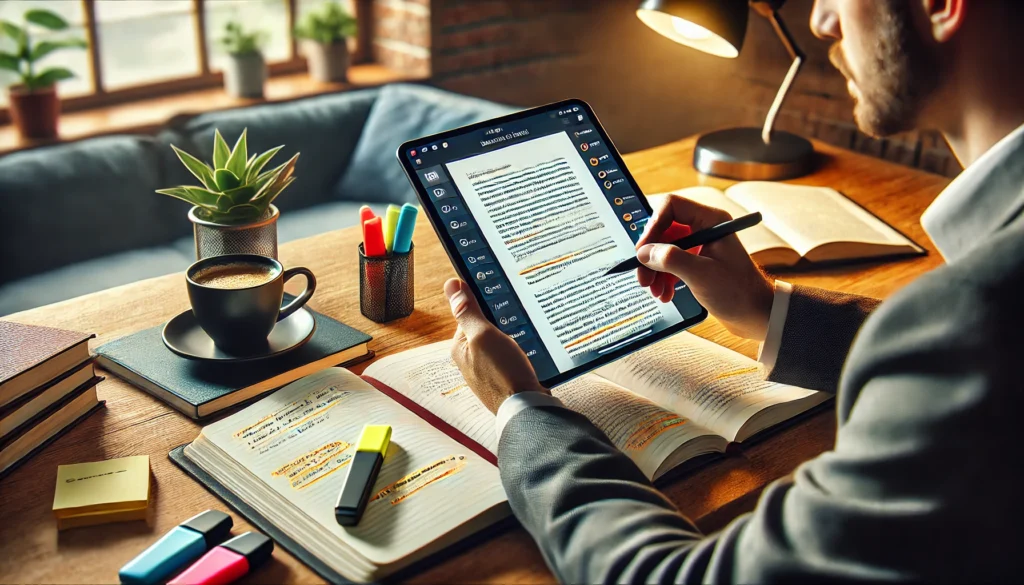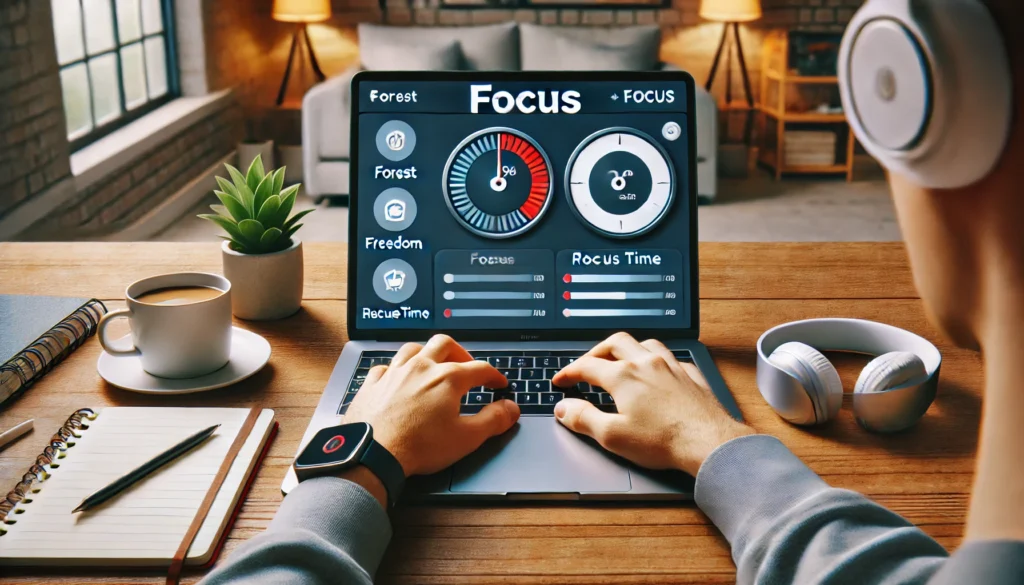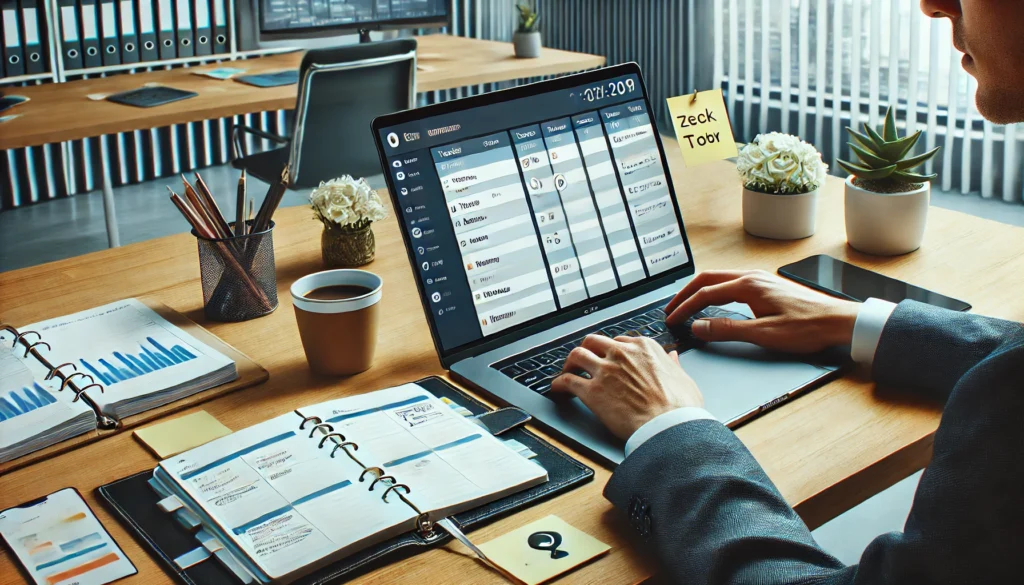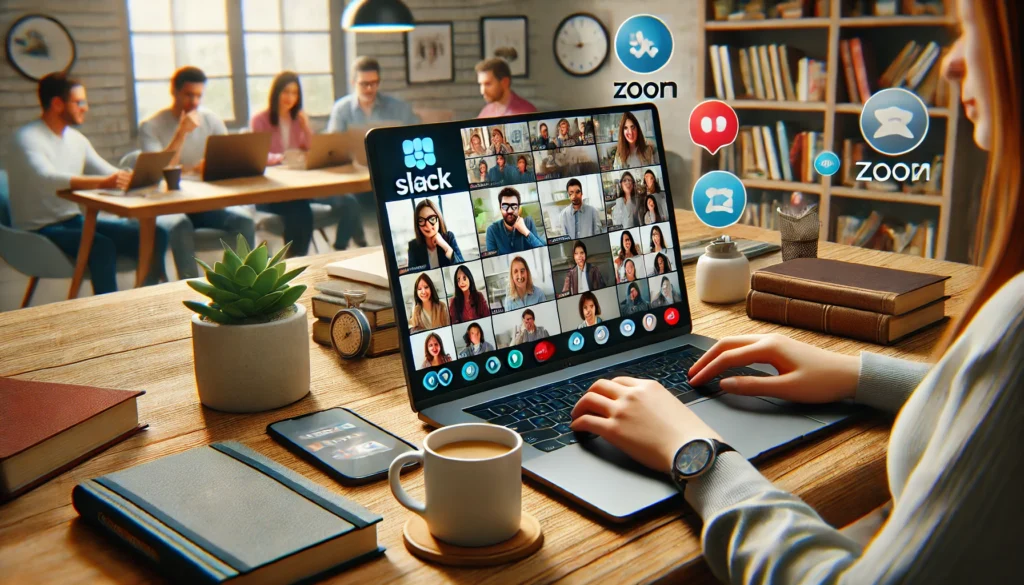Managing personal finances can be challenging, but budgeting apps provide an easy and efficient way to track expenses, save money, and achieve financial goals.
Whether you want to reduce debt, build savings, or gain control over your spending, the right app can help you create a clear financial plan.
In this article, we’ll explore the best budgeting apps and how they can help you manage your personal finances effectively.
1. Why Budgeting Apps Are Essential for Financial Health
Budgeting apps provide several benefits, including:
- Expense Tracking – Helps you see where your money is going.
- Savings Goals – Allows you to set financial goals and monitor progress.
- Spending Alerts – Warns you when you’re approaching your budget limits.
- Automated Organization – Categorizes expenses and income automatically.
- Debt Reduction Planning – Helps manage and pay off loans more effectively.
2. Best Budgeting Apps for Managing Finances
Here are some of the most effective budgeting apps available today:
a) Mint
One of the most popular free budgeting apps, Mint automatically tracks spending, categorizes transactions, and provides insights into your financial habits.
b) YNAB (You Need a Budget)
YNAB focuses on proactive money management, encouraging users to assign every dollar a purpose to avoid overspending.
c) PocketGuard
This app helps prevent overspending by showing how much “free” money you have after covering essential expenses.
d) GoodBudget
A great choice for those who prefer the envelope budgeting method, GoodBudget lets users allocate funds to different spending categories.
e) Personal Capital
More than just a budgeting app, Personal Capital also tracks investments and net worth, making it ideal for long-term financial planning.
3. How to Choose the Right Budgeting App
To find the best budgeting app for your needs, consider:
- Features Needed – Do you need basic expense tracking or advanced investment monitoring?
- Ease of Use – A user-friendly interface makes financial planning easier.
- Bank Integration – Some apps sync with your bank accounts for automatic tracking.
- Cost – Many apps are free, but premium features may require a subscription.
4. Tips for Better Budgeting with Apps
- Set a Monthly Budget – Allocate income to expenses, savings, and debt payments.
- Review Spending Regularly – Check your app weekly to stay on track.
- Adjust When Necessary – Update categories and limits based on lifestyle changes.
- Use Savings Goals – Set goals for vacations, emergency funds, or large purchases.
Final Thoughts
Budgeting apps simplify financial management, helping you stay in control of your money and make smarter financial decisions.
Whether you’re looking to cut expenses, build savings, or plan for retirement, these apps offer powerful tools to achieve your financial goals.
Try one of these budgeting apps today and take the first step toward financial stability!





